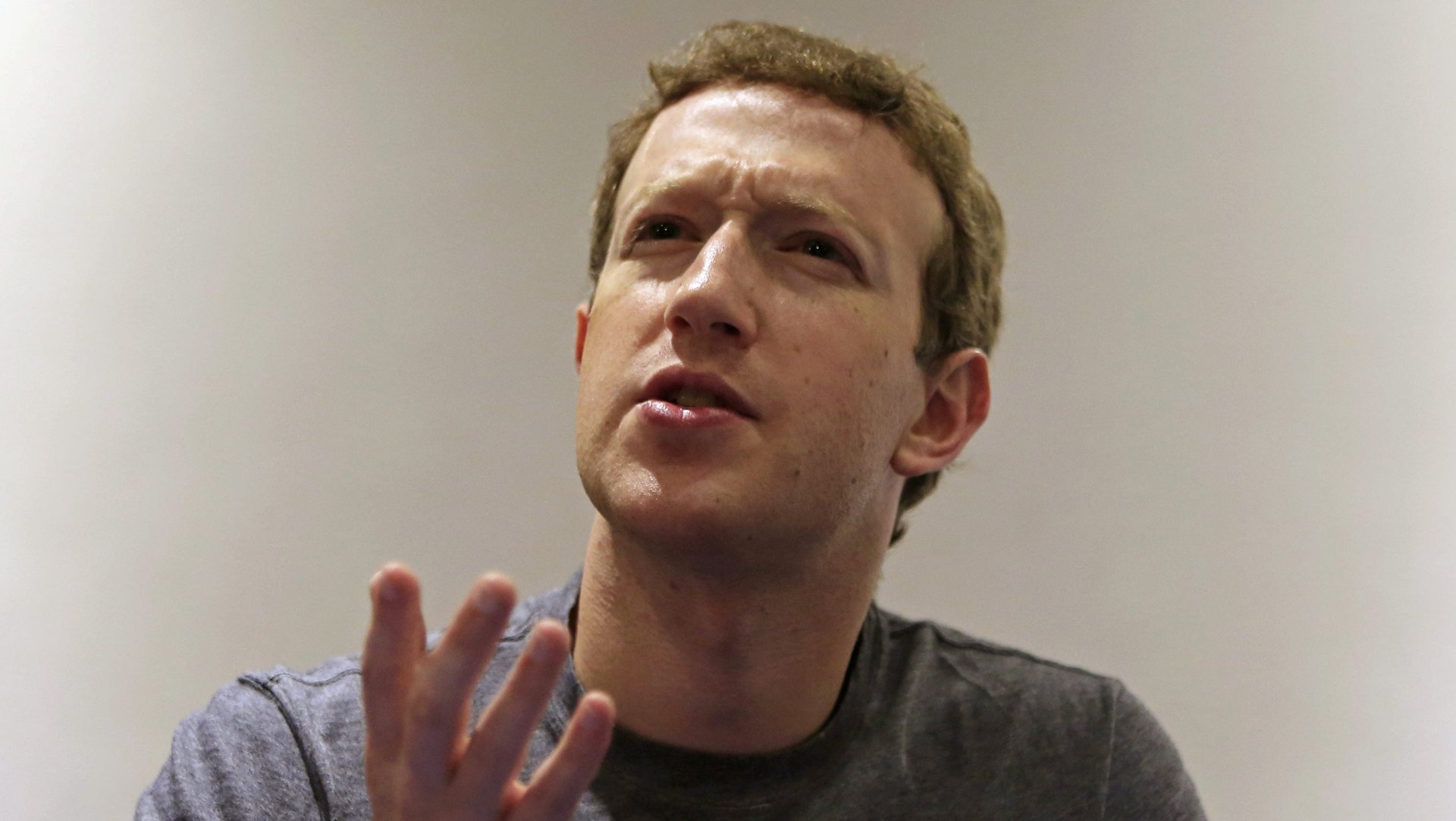Facebook investors say they can help fix the company
Facebook shareholders are pressing the company to establish more oversight by creating a separate risk committee that would address issues ranging from fake news to social media addiction.


Facebook shareholders are pressing the company to establish more oversight by creating a separate risk committee that would address issues ranging from fake news to social media addiction.
Activist investor Trillium Asset Management submitted a shareholder proposal with Facebook in October to establish a risk oversight committee within Facebook’s board of directors that could include experts in journalism, ethics, or psychology. It expects the measure to be included in the company’s proxy statement for vote at the company’s annual meeting around early June. Facebook hasn’t in the past refused to include proposals from its shareholders, but it normally urges shareholders to vote against them.
“Looking at the risks, the unintended consequences that are emerging on a regular basis, it could help provide the kind of strategic direction and response to the company so that it’s not addressing these issues in a whack-a-mole fashion,” Jonas Kron, director of shareholder advocacy at Trillium, told Quartz.
Boston, Massachusetts-based Trillium, which manages $2.5 billion in assets, focuses on socially and environmentally responsible investments, and was an early player in this growing field. It took on oil giant Chevron in 2012, for instance. It is currently also pressuring Alphabet, Google’s parent company, to diversify its executive committee. It filed the Facebook proposal on behalf of one of its clients, the Park Foundation, a liberal-leaning non-profit founded in the 1960s by media mogul Roy H. Park.
In its statement announcing the proposal, Trillium listed a slew of Facebook-related problems: the links between Facebook use and mental health problems; Russian meddling into the US election; discriminatory advertising algorithms; diversity shortcomings; censorship in Myanmar; anti-monopoly and privacy concerns; terrorists using Facebook to incite violence; and smugglers using it to extort migrants.
These problems “need to be solved not by hiring outside consultants or going on listening tours around the country but to really bake into the fundamental governance structure in the company,” Kron said. An oversight committee would provide a “big picture” perspective.
The committee would not just look at the narrow technological and business side of the company, but at how it affects society, Kron said—which is why Trillium is suggesting adding journalists or sociologists to the committee. Kron compared the move to Exxon’s decision to add a climate scientist to its board. “Investors are beginning to understand that companies benefit from not being siloed… they really do benefit from bringing in expertise from a variety of different sources.”
AT&T and Microsoft have public policy committees, and Kron cited the latter company as one with a strong business that is a “good member of society.”
The chances of the proposal passing are slim. In opposing past shareholder proposals, CEO and founder Mark Zuckerberg has wielded the decision-making clout—he holds more than 53% of the voting power in the company, according to the company’s latest proxy statement. The Park Foundation holds about $3 million in Facebook shares, and Trillium as a whole holds about holds about $13.5 million, giving the two entities only a nominal share of the votes. A Facebook spokesperson told Quartz that the board’s audit committee already performs risk oversight functions, so the proposal is asking for a mechanism that already exists.
Kron hopes outside shareholders will support the proposal—if it gains 15-20% of the vote, the company won’t be able to ignore it, he said. The proposal comes as a backlash against Facebook from industry insiders, former executives and investors is gaining ground.